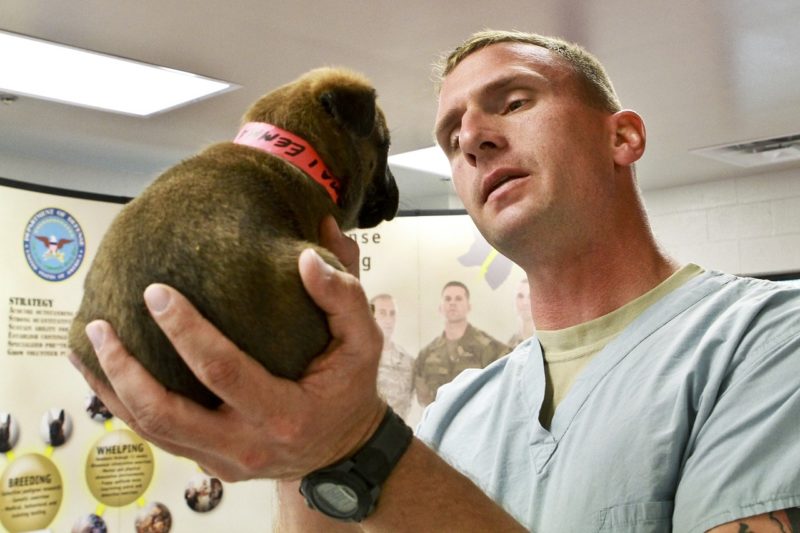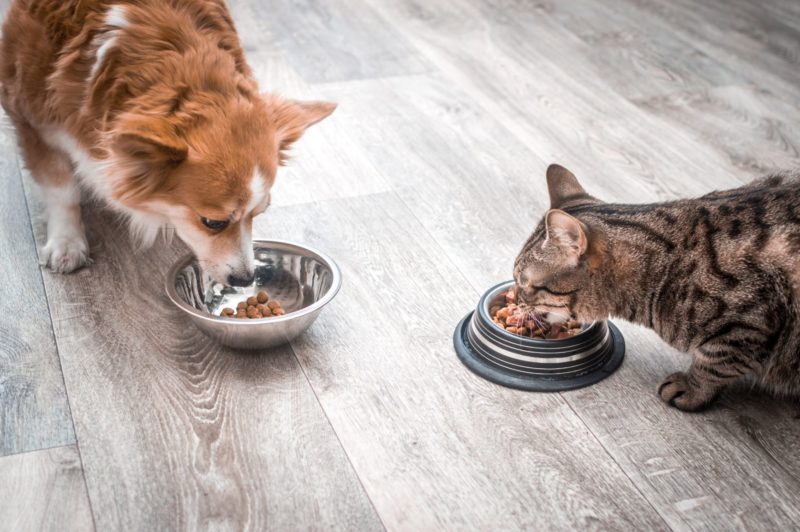How To Know If Your Pet Needs Additional Nutritional Supplementation
If you own pets such as dogs and cats, you’re probably wondering if they’re getting the right level of nutrients that they need from their daily diet. You worry because you don’t want your pets to get sick because of nutritional deficiency. So, you may be thinking of adding more nutrients to their diet through nutritional supplements. But is this really necessary?
The answer is that it depends on several factors such as the content of their pet food, the age of your pet, their activity levels, and even their genetic background. Since you may not know all about these factors, here are some simple ways to find out if you should give more supplements to your pet:
Be Aware of Your Pet’s Symptoms
Some pets may have an illness or disease that you may be unaware of until now. It’s important to notice these symptoms so that you can take steps to alleviate them.
Some symptoms to watch out for involve drastic changes or loss of appetite in your pet. If you’ve noticed that they don’t seem to want to eat when they normally devour their food right away, it may be beneficial to give them an extra dose of multivitamins. Otherwise, their loss of appetite could be due to an underlying metabolic disorder.
Mature dogs may also develop osteoarthritis, which are often indicated by symptoms such as having trouble walking or their refusal to climb stairs. To help, you can give your pet glucosamine and chondroitin because these are good for their knees.
Keep in mind that a symptom or group of symptoms may have different underlying causes, so be cautious about treating these by yourself and without consulting your vet to avoid making the illness worse.
Talk to Your Pet’s Veterinarian
It’s always necessary to speak to your pet’s veterinarian to consult about their health. This medical professional is the best first source of information about pet health since they specialize in it. They have the knowledge and skills needed to determine your pet’s state of health. So, if you noticed any symptoms of nutritional deficiency in your pet, you can talk to the vet first to get their opinion.
Your pet’s vet is also well-acquainted with your furry friend based on past consultations, so they’ll know whether to prescribe additional pet supplements to boost their nutritional value as well.
It’s also a good idea to consult a vet since they’ll know the proper proportion of nutrients needed for a pet based on body size, activity levels, and possible genetic tendencies for some species and breeds.
Do Your Research About Pet Nutritional Deficiencies
Some pets are more sensitive to particular nutrients than others so you need to bear that in mind when buying their pet food and nutritional supplements. For example, dogs and cats both make their own vitamin C, but the levels in their body may drop in times of stress. This means you need to add some additional vitamin C to their food just to make sure they stay healthy. Hip dysplasia is one illness caused by vitamin C deficiency in German Shepherd dogs.
If your pet’s food is a commercially processed brand, you ought to take some time to check the nutritional content listed on the packaging. There are some commercial brands that are healthier for your pets compared to others. If your vet has cautioned you about some pet food brands that could be harmful, it’s best if you follow the vet’s lead in this.
Keep A Regular Journal About Your Pet’s Health
It’s recommended that you jot down any important signs of health changes you may have noticed about your pet after you’ve started them on a new nutritional dosage schedule. For example, your pet dog might develop some gassiness due to the new supplement you gave them. This is useful to note down before you bring your pet to the vet for a regular check-up, so that the vet knows that you’re monitoring your pet’s health regularly. It also takes a lot of the guesswork out of the equation.
Talk To A Breeder
If your vet doesn’t know about some details about your pet’s health, sometimes it may be a good idea to talk to a pet breeder. For example, if you own a Rottweiler and are wondering about some health issues it seems to have, the breeder may be able to enlighten you about those health issues. Your pet’s health problems could be inborn because that’s one of the risks inherent to that species and breed. Since your pet may have papers indicating the genealogy, you can go back quite a long way into the history of their line to find out more about the health of your pet’s ancestors.
On the other hand, some pets don’t have papers (which is the case those that could have been picked up from a shelter or off the street at random). In this case, it would be good to simply play detective and observe your pet carefully. You can take note of certain signs that you have observed such as an increase in appetite, a shinier and more healthy-looking coat, bright eyes, and a happier demeanor. Signs like these are good since even veterinarians look for these in their patients.
Final Takeaway
Pets can be the bright spot in your life as they bring a lot of happiness to their owners. You can take better care of your pets through regular consultations with their veterinarian and following good advice about their nutritional intake. You can also do your own research when it comes to their health by keeping a journal or talking to a breeder. Be sure to take note of positive signs of good health in your pet and be observant if they’re undergoing changes in their habits or appetite as these might indicate that they may need additional nutritional supplementation. This will reassure you and their vet that your pet is being given the right nutrition in a way that leads them to have a healthier, happier life.














